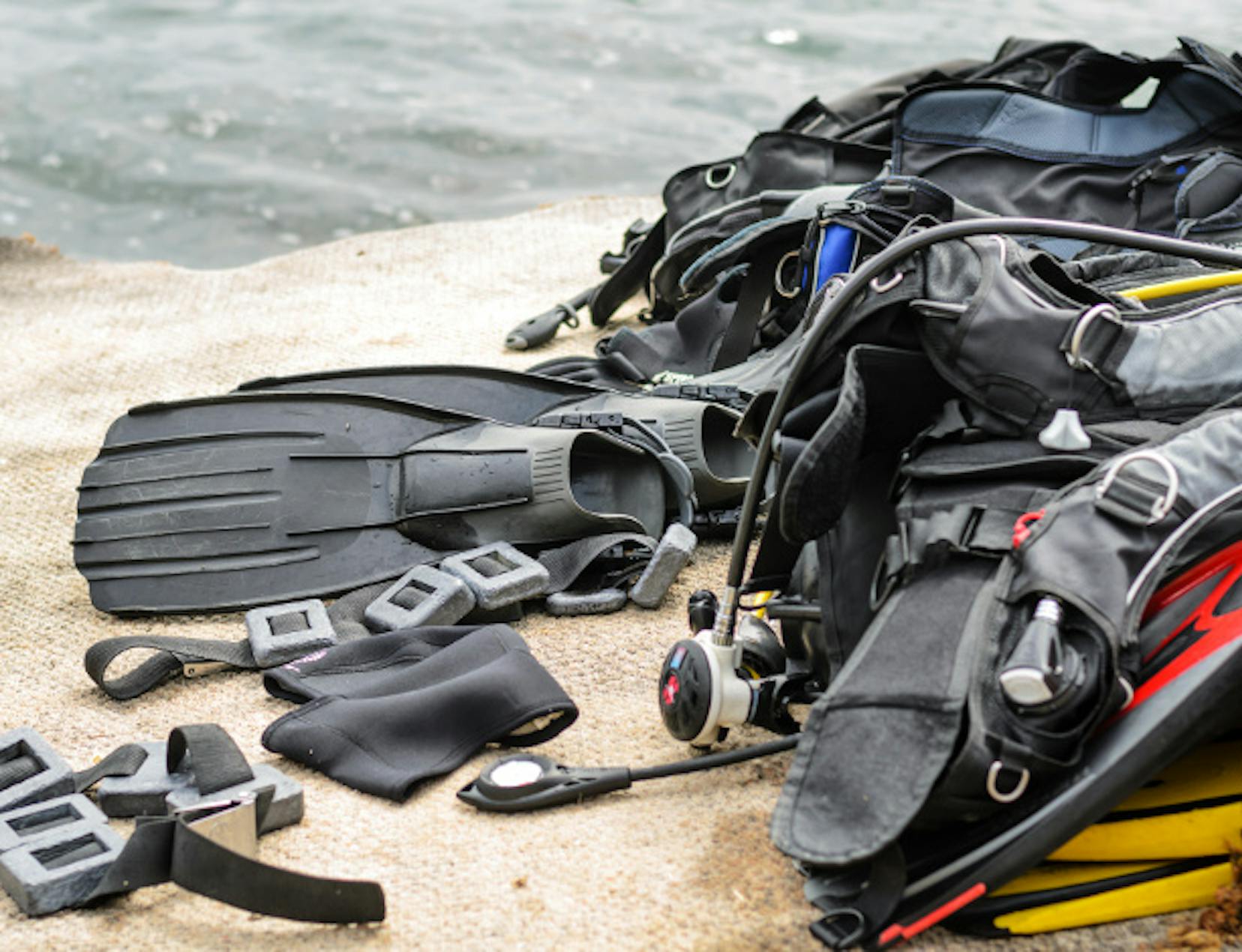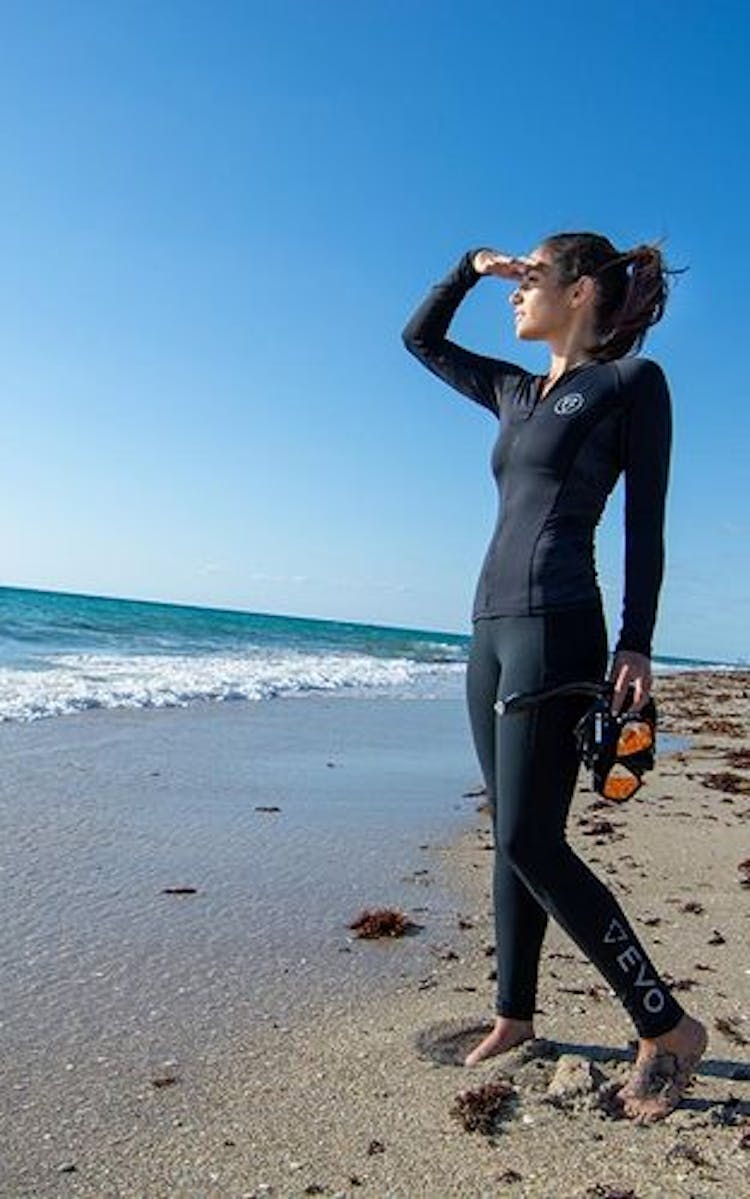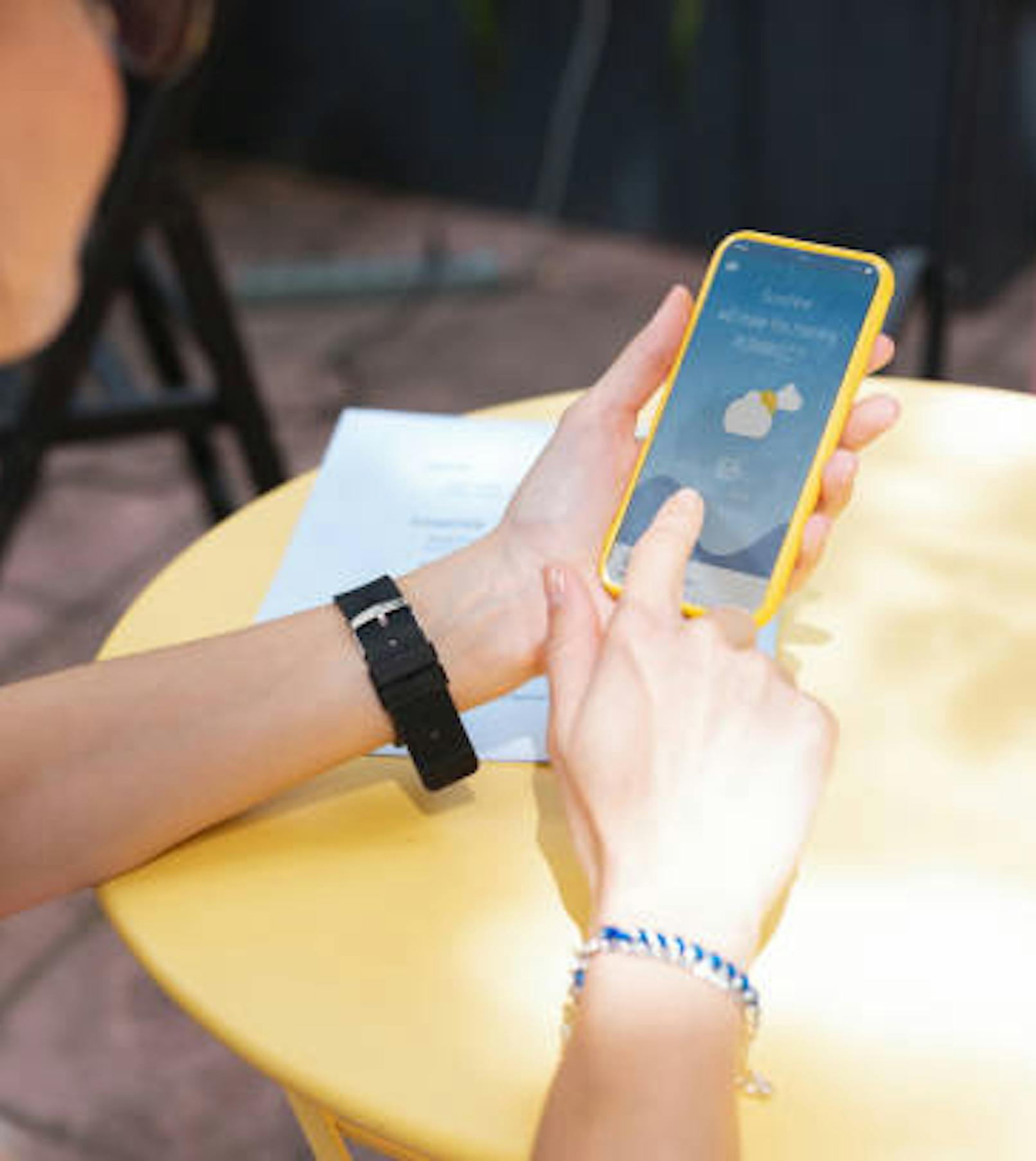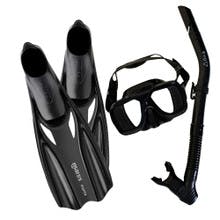6 Tips for Planning a Successful Dive Day

Hey y’all, just your favorite Divers Direct experts popping by to share a few ways to make sure you have a successful dive day planned ahead. Whether you’re on vacation out of town or having a staycation close to home, it’s nice to have a few pro tips to make sure your dive day goes as smoothly as possible. Let’s dive right in, shall we?
1. Whatcha got? Check on what gear you have and the condition it’s in. Do you have some gear that may need to be serviced prior to your dive? If so, make sure you have plenty of time (usually weeks) before your dive to have your gear serviced. Your dive course booklet should have a gear checklist within, but in case you’re not sure where that is, we’ve attached a printable version here!
2. Whatcha know? Make sure you’re up to date on your dive safety knowledge. You’ve already checked off your SMB on the gear checklist above, great job! But do you recall the necessary hand signals you’ll need underwater (we have loads of refresher videos here)? Do you remember how to clear your mask (take it from me, this is important)? If asking you these questions makes you a little nervous, like maybe you don’t remember much and it’s been a few months (or years) since your last dive, we highly recommend taking a refresher course before jumping back in. We can help you out there.


3. Where ya goin’? Figure out where you want to go diving within your ability/certification. Maybe you just want to jump on a charter and get in the water. That’s cool, we respect that. But if you’re like, “Man, I really want to dive Hog Heaven in Fort Lauderdale.” Well, it would be ideal to make sure that your desired charter is headed out that way at some point. If the charter is also stopping by the Ebenezer II, that’s equally good to know since that’s a dive spot for more advanced divers and you’ll need to be aware of your personal skill set and certifications. That way, you’ll know what you’ll be able to participate in while on charter.
4. Whatcha eatin’? It’s always a good idea to not overindulge the night before. Whether it’s food or alcohol, you don’t want that rocking boat you’re on the next day to feel extra wobbly. And you definitely don’t want that greasy fish and chips from the previous night’s dinner to make a reappearance before your dive (or during—if you didn’t know, you can vomit in your regulator if necessary). So, as a pro tip, keep it clean and chill the night before. Not too heavy, not too greasy, and not too much to drink. Save all the (responsible) indulgences for your post-dive trip celebration.
4a. Additional (and debatable) tip: Maybe skip the coffee in the morning. I know, I know. Life without coffee?! Although it may sound like it, I haven’t lost my mind. Let’s chat science for a moment—Because caffeine has a vasodilating effect on the GI’s blood vessels, it causes contractions in the gut which ends up increasing gastric acid and making your stomach more reactive than it might have been otherwise. This increases your chance of seasickness. And, to be fair, this isn’t coffee specifically, but rather caffeine in general. But as with all else, we’re looking at moderation. So if you need the caffeine, maybe go for the tea rather than reach for the coffee (Fun fact: Coffee has roughly three times as much caffeine as tea). These are just suggestions, and of course, your morning beverage is totally up to you. Maybe you have a stomach of steel or are unfazed by coffee’s effects. That’s cool. But if your stomach can tend to get a bit queasy, the coffee may hurt the situation rather than help it. Technically we could debate all day about the pros and cons of coffee before a dive, but let’s tackle that discussion on another day. Moving on…
5. What do the dive gods have to say about it? Basically, check the weather and water conditions. While your dive master will be up to date on what’s going on with weather, current, and visibility, it’s something you should check on as well to be as prepared as possible for what’s to come. You may see blue skies and calm winds, great! But don’t forget about what the sea may be up to. Strong swells may be cruising through the area, kicking up the currents and thus, kicking up the sand and silt, obscuring visibility. We want a great, chill dive, and being aware of what you’re diving into is how you meet the dive gods halfway. But some things you just can’t plan for, which leads us to our final tip.
6. What don’t ya know? Expect the unexpected. Nature is not something we can predict with 100% certainty. There may be changes in your plans at the last minute and there may be unexpected moments on your dive with animals or other divers. Keeping an open mind about your experience (and using that as an opportunity for excitement) will be the most important element to a successful dive. You’re ready with a save-a-dive kit, you’re ready for a random strong current to pull through, you’re ready for a totally unexpected afternoon rain (which is likely if you’re in South Florida like we are), great! And now, because you’re open to everything that could be, your dive may be safer and far more enjoyable than trying to stick to a rigid image of how you think things should be.

That’s pretty much it. Know what you know and what you don’t know, what you’ve got and what you don’t have, where you want to go, how to get there, and just eat clean and keep a weather eye open (on the weather, that is). You don’t want to show up missing gear that either you don’t have or, for whatever reason, the dive charter is out of or doesn’t have (rare, but can happen). You don’t want to realize at the last minute that your regulator needs servicing or find out when you’re underwater that you can’t recall how to tell your dive buddy you need help. Or if the boat’s a little rockier than normal, let’s not revisit last night’s burger and beer, featuring your attempt at a hangover cure of coffee and leftover fries. More than anything, just have fun!
FAQs
If I’m not taking a dive charter and going shore diving or on my own boat, does all this still apply?
Absolutely, if not more so. You’ll and/or your dive buddies need to be your own dive masters and make sure you have the proper equipment, knowledge, and current weather and water reports for a safe and successful dive.
What gear do I need to go diving?
You’ll definitely need your own mask, snorkel, fins, BCD, regulator, tank (with some air in the tank), depth and pressure gauges, dive computer, dive flag and SMB, wetsuit or other dive apparel and maybe more depending on your intended dive. Use this handy checklist to make sure you have what you need before jumping in the water.
I’ve forgotten most of the dive signals, and I can’t remember how to connect my regulator to my tank. Can I still go diving if my dive buddy does all that for me?
If you feel a little lost when looking at your dive gear or have trouble remembering some essential signals and safety protocols, it may be time for a refresher course. Refresher courses are quick and easy, and they’re a great way to feel more confident when jumping in the water.
How can I check on the currents, swells, and visibility for my dive ahead?
There are plenty of dive apps and even surf apps that will let you know the water’s conditions. Higher swells and stronger winds are a pretty significant indicator of strong underwater conditions.
I don’t know where I want to go, I just know I want to dive. Can I just jump on a dive charter and go?
Absolutely! Like we mentioned before though, check where the charter of the day is going and make sure your certification level and skill set match the day’s events, otherwise you may not have as good of a time as you’d hoped for.





